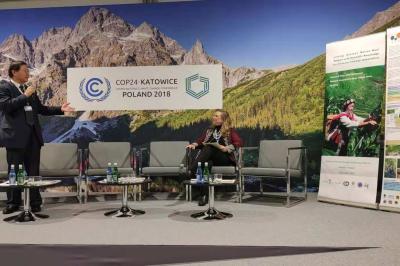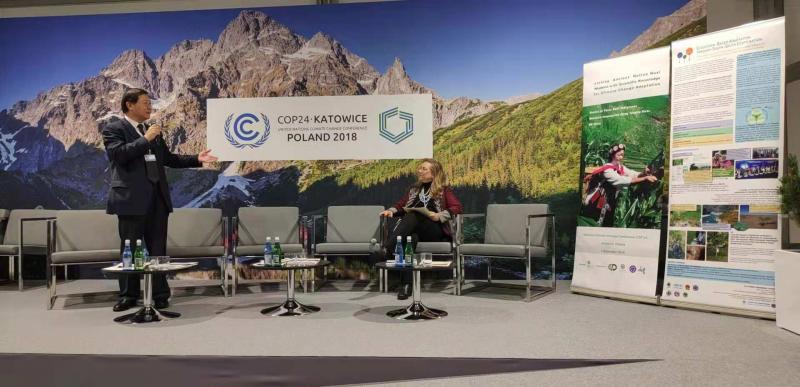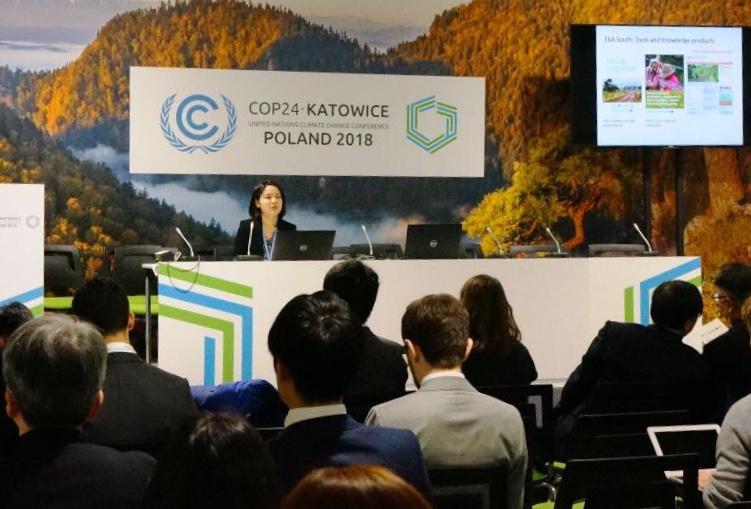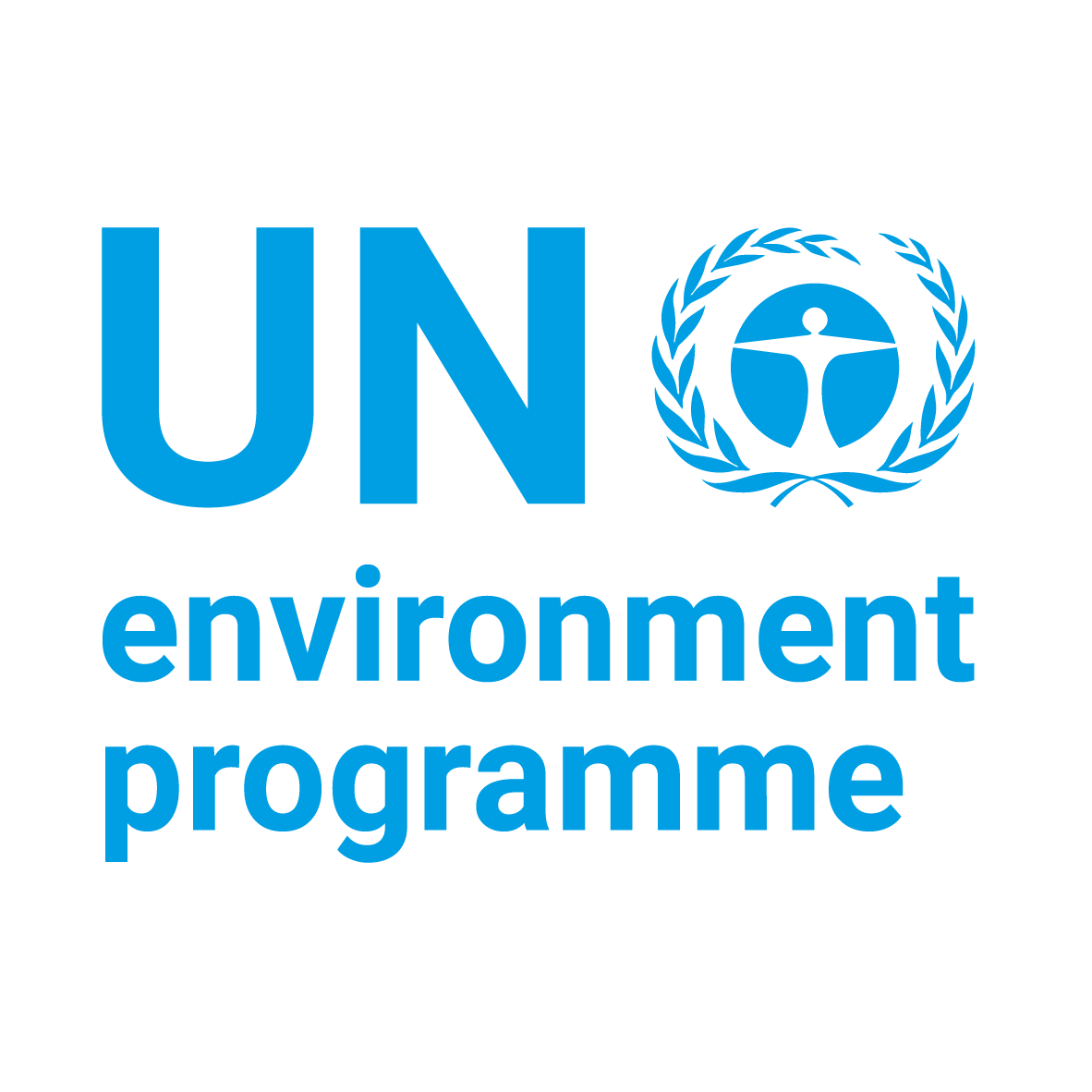The 24th Conference of the Parties to the United Nations Framework Convention on Climate Change, COP24, was held during 2-14 December 2018 in Katowice, Poland. The conference was tasked to finalise the implementation guidelines for the landmark 2015 Paris Agreement. The 197 parties were gathered to agree on how they will achieve the Paris commitments collectively and build trust among each nation. In addition to the political negotiations on the guidelines, the conference attracted about 28,000 participants having lively exchanges, attending side events and roundtables, and building partnerships.
On 13 December 2018, a side event was co-hosted at COP 24 by the Chinese National Committee for Future Earth, China Association for Science and Technology, Sun Yat-sen University, Institute of Environment and Sustainable Development in Agriculture, Chinese Academy of Agricultural Sciences, and ANDES Asociación para la Naturaleza y Desarrollo Sostenible (Peru), with focus on the milestones of ‘Future Earth’ in china and pathways for Paris Agreement targets. At the side event, Ms. Diwen Tan, EbA South Project Co-Manager, gave presentation on how to apply nature-based solutions to help adapt to the climate change particularly in the context of the South-South cooperation. The presentation drew on the impacts to the people in one project pilot country, Nepal, to highlight the importance of stakeholder inclusion and documenting lessons to ensure long-term sustainability. In the subsequent discussion session, topics of Belt and Road Initiative (BRI), gender balance, and science for policy making were covered. Prof Dahe Qin, academician of both the Chinese Academy of Sciences (CAS) and The World Academy of Sciences (TWAS), highlighted that China has been devoted in encouraging green technologies and scientific research in developing countries. Through South-South cooperation, overseas institutes of CAS were established for research and education in Nepal, Sri Lanka and other 7 countries.
Besides, a project poster was displayed during the first week at the conference, taking the opportunity of exhibition activities and other side events (e.g. Enhancing Agrobiodiversity, Food Security for Livelihood and Climate Resilience), to share knowledge, lessons learned and best practices for Ecosystem-based Adaptation with broader audience.










